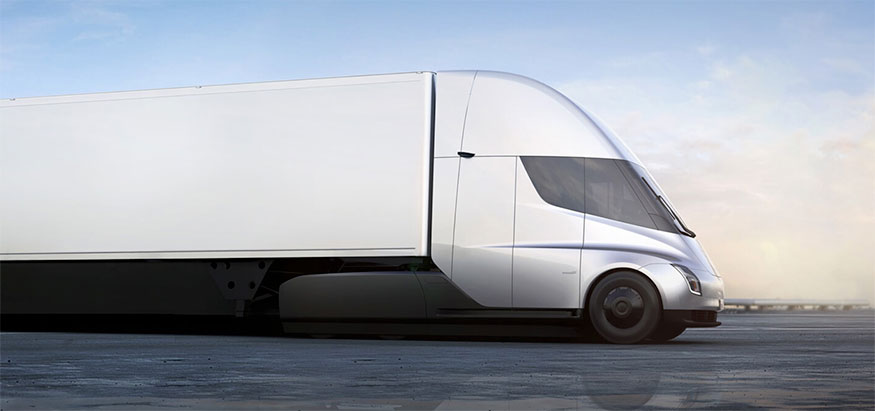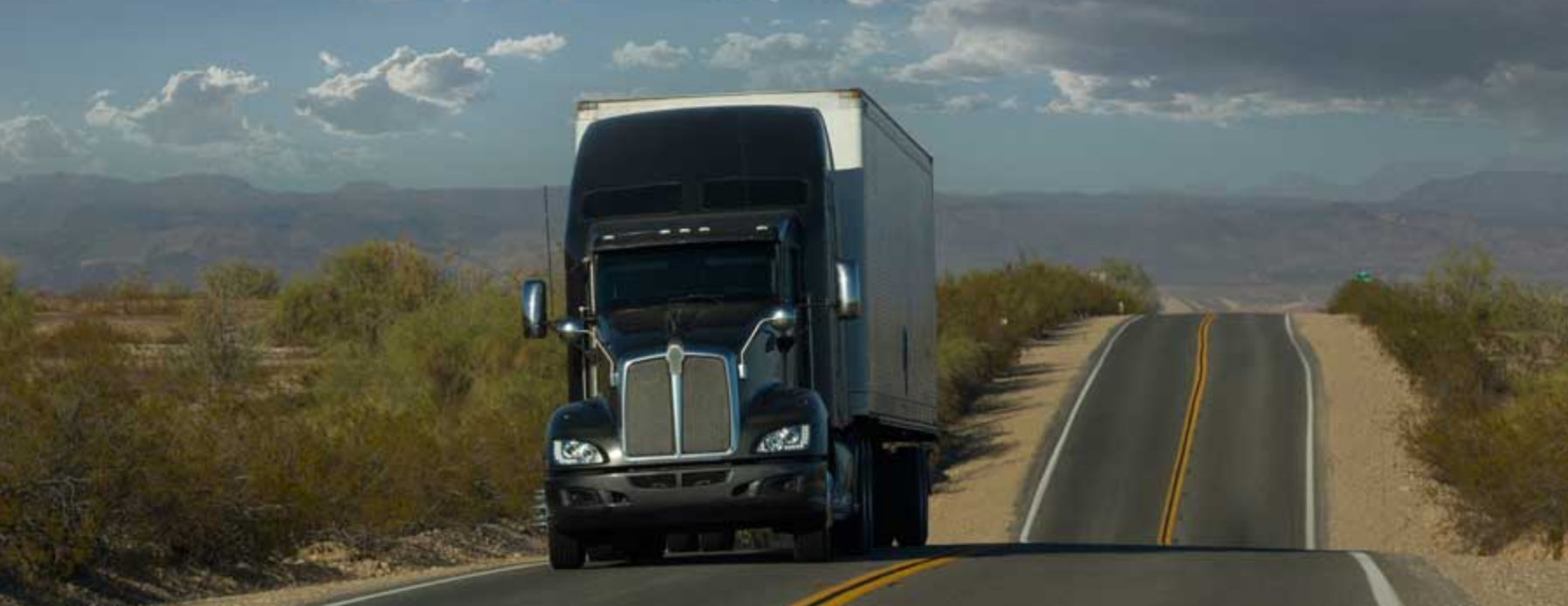Heavy Truck & Equipment Diesel Filters | How To Keep Them Cleaner, Longer
Of the various factors that diesel drivers must consider, one of the most important is how to extend the life of their diesel particulate filter (DPF). As a critical component of any modern-day diesel vehicle, the DPF's performance must be maintained to keep emissions under control.
Many drivers underestimate the importance of regular DPF maintenance. A neglected DPF can quickly become clogged with soot, leading to reduced engine performance and a damaged filter that needs to be replaced. And the last thing you need on a tight schedule is unexpected downtime. Fortunately, a few tips and solutions are available to help diesel drivers get the most out of their DPF. Let’s look at the DPF closer - and some tips to help you stay on the road longer. What Is The Tesla Cybertruck All About?
If science fiction shows and movies from decades ago were to be believed, by 2020 we’d all have jetpacks, butler robots, and autonomous cars that flew us from place to place. And, while many of those wilder fantasies are still just that, the world is getting closer to futuristic vehicle technology that looks like it’s part of a sci-fi novel of its own.
A big player on this stage is the company Tesla, run by eccentric billionaire (and previous driver of the first car in space) Elon Musk. While their electric cars, like the Tesla 2 and 3, have been around for years, the company made waves in November when they announced the forthcoming release of their pickup, the blocky-looking Cybertruck. But a lot of people don’t realize that years before that, Tesla was in the news for a different truck on their list, which is due to arrive by the end of this year. Have you ever heard of the Tesla Semi? DEFs and California Truck Regulations There’s a misconception that being a trucker is easy – that you just get comfy and drive around in the sunshine, with your favourite music playing and the wide open road ahead. And while it has moments like that, it’s still a job. A job that’s done in all conditions, rain or shine, with long stretches away from home and your family. A job with rules, laws, safety protocols, and plenty of paperwork that follows you everywhere you go.
Government regulation of the trucking industry varies across provinces and states, with some being stricter than others on things like maintenance, scheduling, and emission standards. California is well known for being among the strictest places in North America when it comes to these laws, and has been for many years. |
|
What Sets Us Apart
• Service Trucks & Mobile Service • 5 Laptops & 1 North American automotive scanner • Commercial Vehicle Inspection Programs • Fleet Maintenance • Trailer Shuttles • Open 6 days a week |




 RSS Feed
RSS Feed
